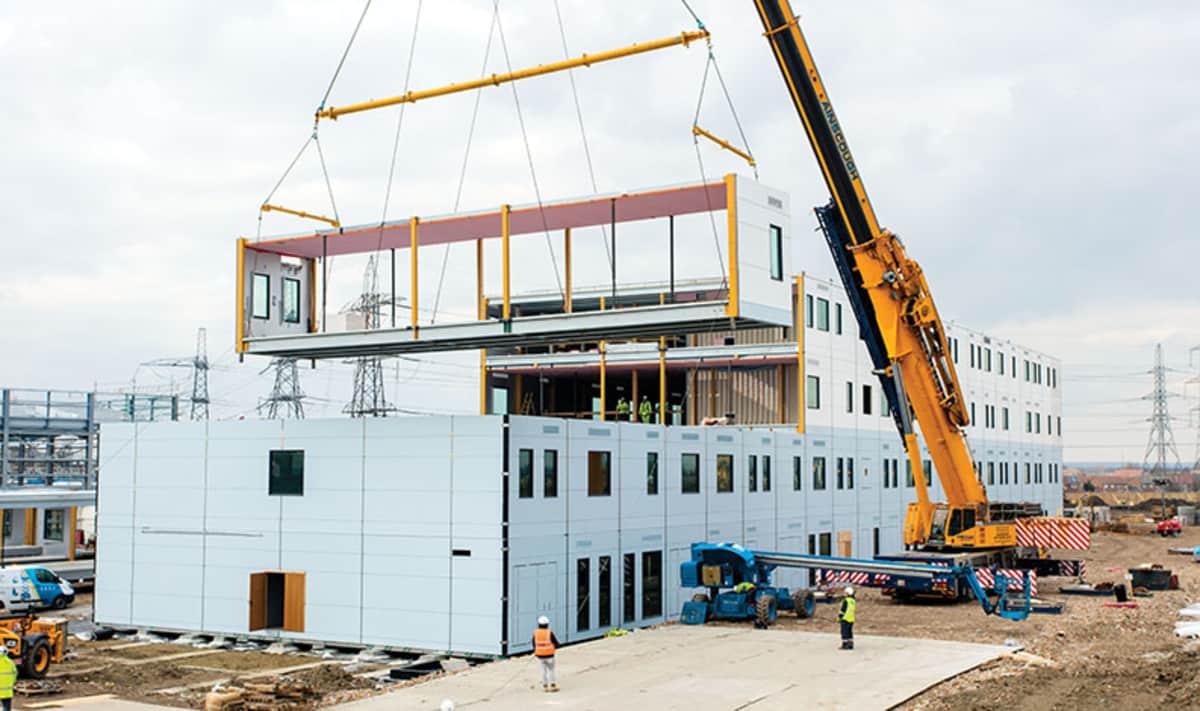Modular Construction: The Eco-Friendly Building Method For The 21st Century

First and foremost, Modular Construction is significantly faster than traditional construction methods. Because the different parts of a building are constructed in a factory setting, there are no weather-related delays, and construction can proceed quickly and efficiently. This speed can be especially beneficial for projects that have tight timelines, such as schools or hospitals. In addition to being faster, modular construction is also more cost-effective than traditional construction methods.
The use of factory production techniques can lead to economies of scale that result in lower costs for materials and labor. Additionally, the precision of modular construction can reduce waste and errors, further reducing costs. Modular Construction also offers increased flexibility in design. Because the different parts of a building are constructed separately, they can be easily modified or reconfigured to meet changing needs. This flexibility can be especially beneficial for projects that require future expansion or modification.
- Art
- Causes
- Crafts
- Dance
- Drinks
- Film
- Fitness
- Food
- Games
- Gardening
- Health
- Home
- Literature
- Music
- Networking
- Other
- Party
- Religion
- Shopping
- Sports
- Theater
- Wellness
- IT, Cloud, Software and Technology


